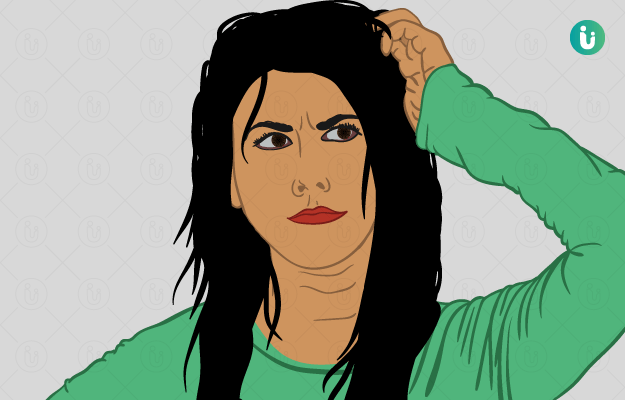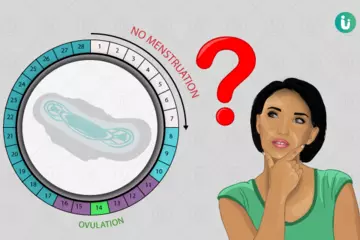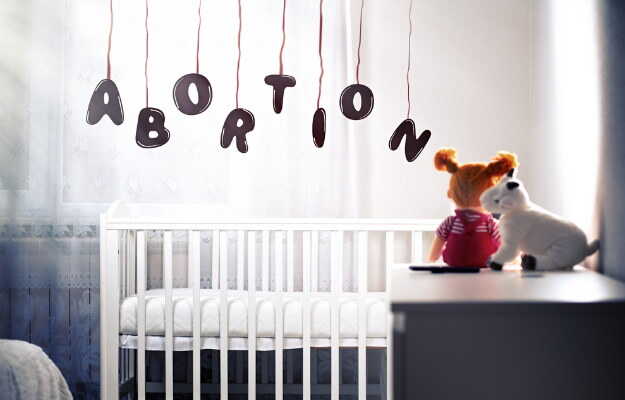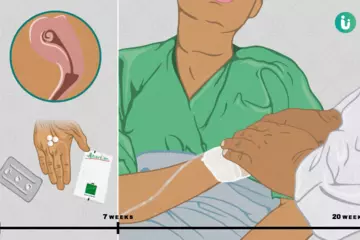What is Poor memory?
Poor memory is difficulty faced in storing and recollecting information. It is normal to forget once in a while about the location of your keys or whether you paid the bill or not. A person can’t have perfect memory throughout their life. Age-related memory loss is common. But you should consult your healthcare provider if you forget things like driving, the road to your home where you have lived your life, etc, as such a memory loss may indicate an underlying illness.
What are its main associated signs and symptoms?
Poor memory with ageing is a normal phenomenon, but the following signs and symptoms indicate the existence of an underlying cognitive disease:
- Repeating the same questions.
- Difficulty in following instructions.
- Confusion about familiar people and places.
- Forgetting the direction to a familiar place.
- Difficulty in having a general conversation.
- Forgetting to attend very important meetings and functions.
- Facing more memory issues as compared to other individuals of the same age.
What are the main causes?
The causes of poor memory include the following:
- Ageing, which is normal.
- Alzheimer’s disease and other types of dementia.
- Stroke.
- Tumours of the brain.
- Depression.
- Head injuries.
- Certain medications, such as antianxiety drugs, antidepressants, antiseizure medicines, cholesterol-lowering drugs among others.
How is it diagnosed and treated?
The diagnosis involves the detection of the reason behind poor memory. The following are the recommended diagnostic measures:
- Medical history.
- Physical examination.
- Laboratory tests.
- Identifying changes in thinking using psychiatric evaluation tests.
- X-ray, CT scan and MRI of the brain.
These tests will help to conclude whether poor memory is the result of ageing or some disease.
Treatment is wholly based on the cause of poor memory. Most of the dementias do not have any cure and medicines like donepezil, rivastigmine, memantine, and galantamine are prescribed to provide temporary symptomatic relief.
Non-drug therapies that stimulate the thinking ability are also useful. These therapies mostly involve group therapy and brain-teaser games.

 Doctors for Poor memory
Doctors for Poor memory  OTC Medicines for Poor memory
OTC Medicines for Poor memory
 Poor memory articles
Poor memory articles

 Home Remedies for Poor memory
Home Remedies for Poor memory
 Yoga for Poor memory
Yoga for Poor memory







 Dr. Laxmidutta Shukla
Dr. Laxmidutta Shukla












